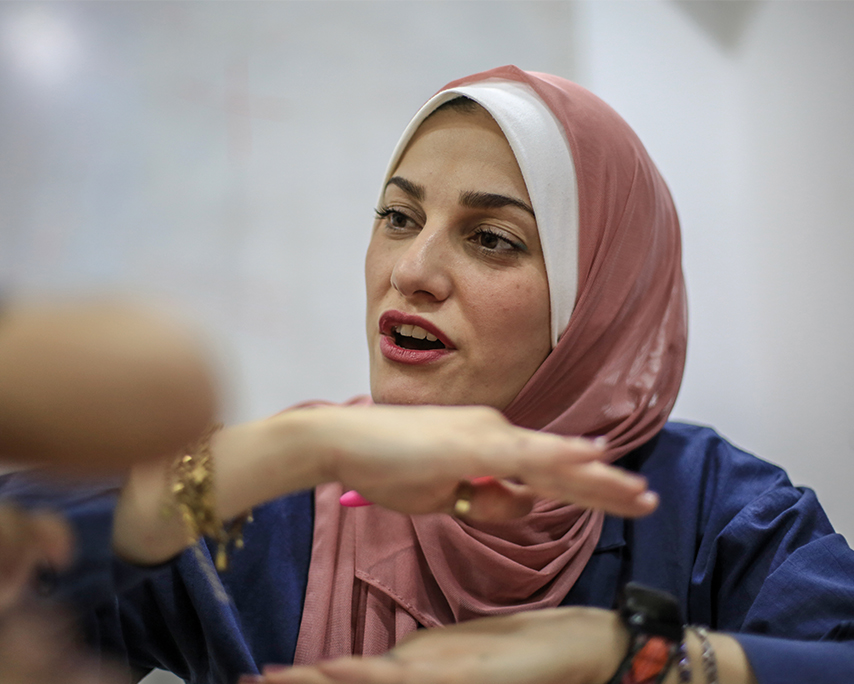International Day of Charity
Solving big problems through accountable giving
In the development sector, large-scale interventions often dominate the conversation. Yet, the actions of individuals, particularly through accountable giving, also play a crucial role in addressing economic, social, cultural, and humanitarian challenges. Accountable giving refers to deliberate, transparent, and impact-oriented contributions, whether financial, in-kind, or skill-based. Examining this from different perspectives highlights both the opportunities and limitations of such an approach.
From an economic standpoint, accountable giving by individuals can contribute to poverty alleviation, entrepreneurship, and community resilience. Targeted donations, such as funding small enterprises, vocational training, or access to financial services, can generate long-term returns for beneficiaries.
However, the scale of individual contributions is limited compared to institutional funding. Without alignment to systemic economic reforms, individual giving may risk addressing symptoms rather than root causes. This raises questions about how to strike a balance between immediate impact and long-term structural change.
Accountable giving at the individual level can strengthen social bonds and foster inclusion. Supporting education, healthcare access, or marginalised groups helps reduce inequalities within communities. Individuals often have the flexibility to identify and support niche areas overlooked by larger donors. On the other hand, giving that is not anchored in evidence-based approaches may unintentionally reinforce dependency or inequities. Transparency and accountability become essential to ensure that individual contributions complement, rather than distort, existing social development efforts.
Culturally, accountable giving offers a pathway to preserve and promote traditions, arts, and heritage. Individual philanthropists can fund cultural institutions, language preservation initiatives, or intercultural dialogue programmes that strengthen identity and cohesion. Yet, cultural giving also carries sensitivities. Choices of what to support may reflect personal biases, privileging certain cultural narratives over others. As professionals in the development space, this underscores the importance of culturally responsive approaches and community ownership when individuals engage in giving.
In humanitarian contexts, such as disaster response or displacement, individual giving can provide critical, rapid assistance. Crowdfunding platforms and direct transfers allow individuals to channel resources where institutional aid may be slow or constrained. Nonetheless, charity without accountability mechanisms can sometimes fuel inefficiencies or duplication. Professional actors often emphasise the importance of coordination, standards, and monitoring to ensure that individual contributions seamlessly integrate into broader humanitarian response systems.
For any individual, accountable giving represents both a complementary asset and a challenge. On the one hand, it mobilises resources, fosters innovation, and inspires personal commitment to pressing issues. On the other hand, it demands intentional accountability, alignment with systemic strategies, and cultural sensitivity to avoid unintended consequences. The central question is not whether individuals should give, but how their contributions can be structured, monitored, and leveraged to maximise sustainable impact in the economic, social, cultural, and humanitarian spheres.



